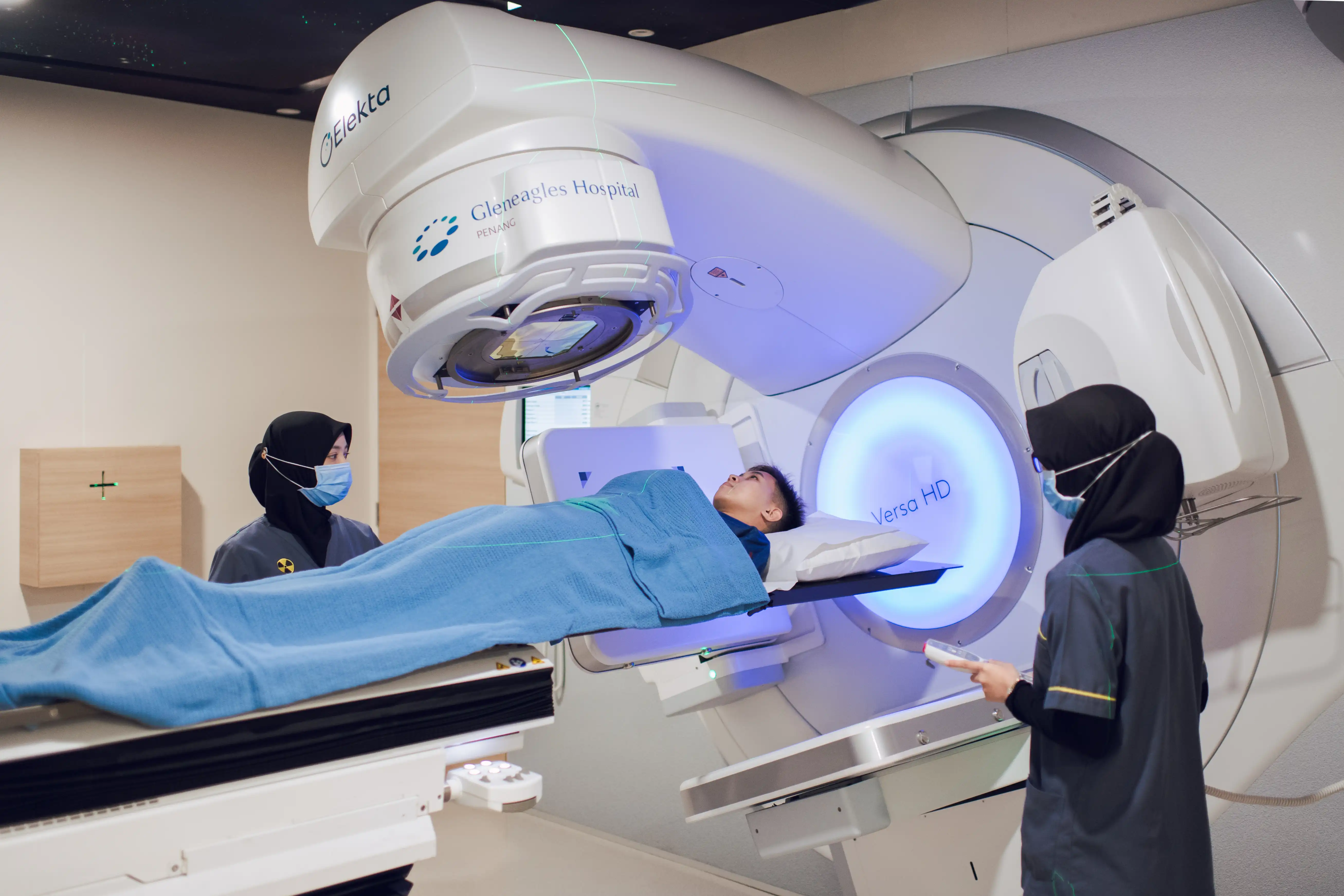Sleep is an important part of daily life. We spend about one-third of our time in sleep. To put into perspective, a 60-year-old individual will have spent 20 years in sleep.
Quality sleep is very important as one gets to rest and restore the body’s energy levels. But at any stage in life, one can experience sleep difficulties due to several reasons. Prolonged sleep difficulties can develop Insomnia symptoms. The prevalence of insomnia is 30-40% among the adult general population.
Insomnia Symptoms (Diagnostic Statistical Manual of Mental Disorder V)
- Problems falling asleep
- Staying asleep, and/or
- Early morning awakenings
- Impairment on daytime functioning
The sleep problems may cause distress and/or some problems at work, at home, or with others. Also, the sleep problems occur at least 3 nights per week and has been going on for at least 3 months
The Possible Risk or Contributing Factors
- Gender –more women experience sleep problems compared to men
- Age factor- older aged individuals may experience fragmented sleep, and lack deep sleep
- Physiological factors
- Psychological factors
- Stressful life events
- Unhealthy life style
Insomnia is under-reported, under-diagnosed and under-treated, as most individuals may either never discuss sleep problems with their physician, or think that there is no treatment available, or may be skeptical about treatments for insomnia.
Sleep problems can be managed with psychological therapy, depending on the severity. For those who experience clinically severe insomnia, they may need to seek medical treatment, which can be combined with therapy. Studies reported that medical treatment combined with therapy can be effective for the long term. Mild to moderate Insomnia can be managed with psychological therapy. The particular therapy that is available is Cognitive Behaviour Therapy for Insomnia (CBT-I). CBT-I is scientifically and empirically proven to be effective. However, in general, many are not aware of this therapy.
Our Psychotherapist, Dr. Yasmin is equipped in helping individuals to manage sleep problems through CBT-I therapy. Dr. Yasmin is a Lecturer and a Psychotherapist who is a Certified Cognitive Behaviour Therapist and has done vast research on insomnia and psychological intervention to treat Insomnia and has conducted numerous workshops on managing Insomnia.
Cognitive Behaviour Therapy For Insomnia (CBT-I)
A Complete Therapeutic Intervention Will Be Provided By The Therapist
In brief, the therapy includes:
1. Behaviour Component
Once you learn the behavioural therapy, you will get a clearer idea on how to practice healthy sleep patterns.
Behavioural Therapy
Sleep Hygiene – The Do’s and Don’ts for Proper Sleep Sleep Hygiene is about healthy sleep practices such as healthy lifestyles, healthy sleep environments, proper sleep habits - such as proper time to go to bed and to wake up.
Stimulus Control Therapy
Learn to associate bed with sleep rather than sleeplessness. Not to spend too long being sleepless on bed. The bed must not be associated with wakeful activities such as work, study and others.
Sleep Restriction Therapy
To establish regular sleep patterns, practice proper time to go to bed and wake up.
Relaxation Breathing Technique
You will learn how to gain relaxation through breathing exercise. This breathing exercise helps one to feel relaxed and calm, and be able to fall asleep easier.
2. Cognitive Component
Once you learn cognitive technique, you will have a clearer mind and increased confidence to sleep better.
Cognitive Technique
This technique is for patients who have developed negative thoughts about being unable to sleep. Negative thoughts about sleep will only worsen the sleep problems by triggering worry or anxiety.
Patients will be guided on how to change the negative thoughts to positive thoughts of sleep.








